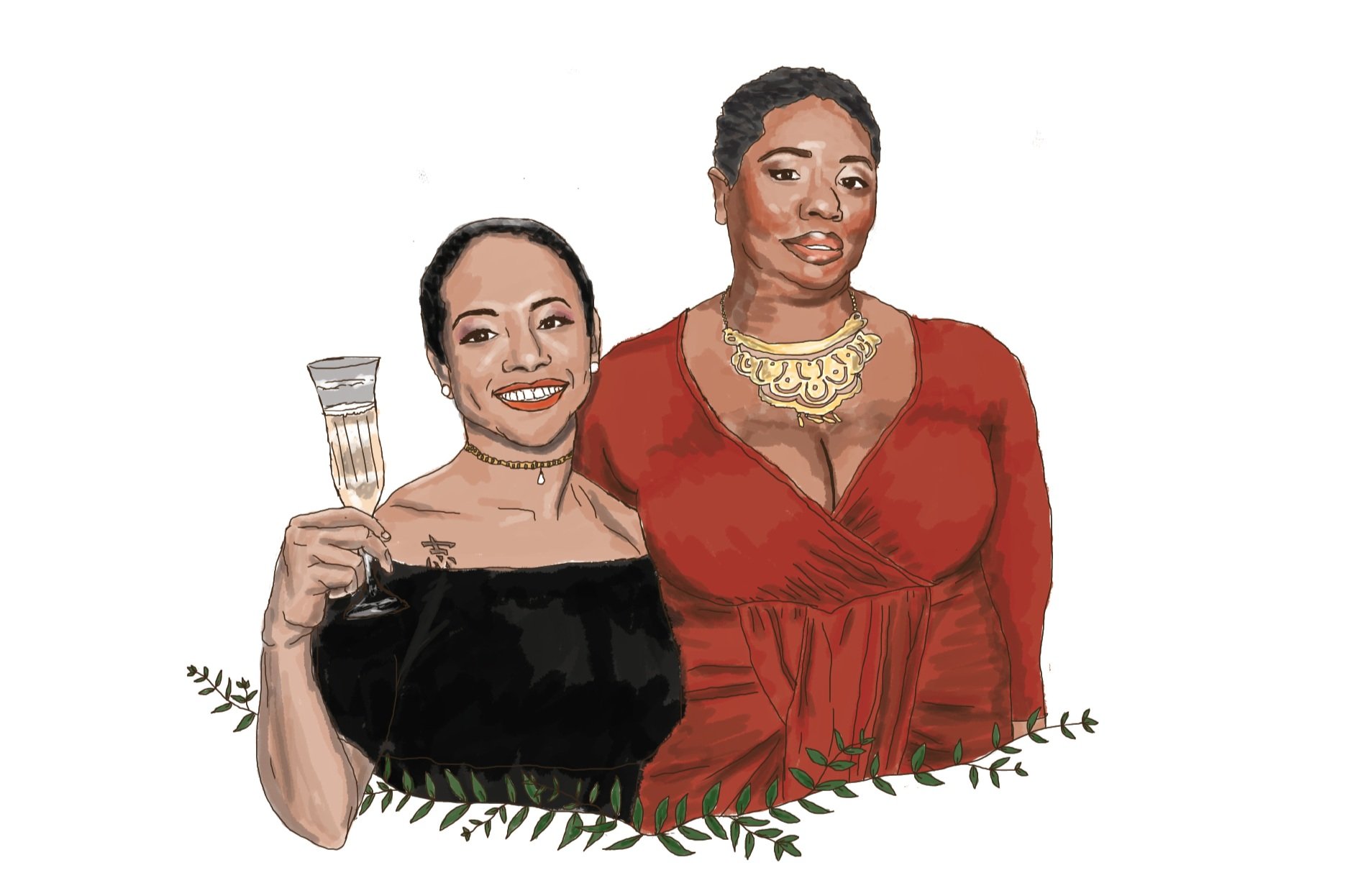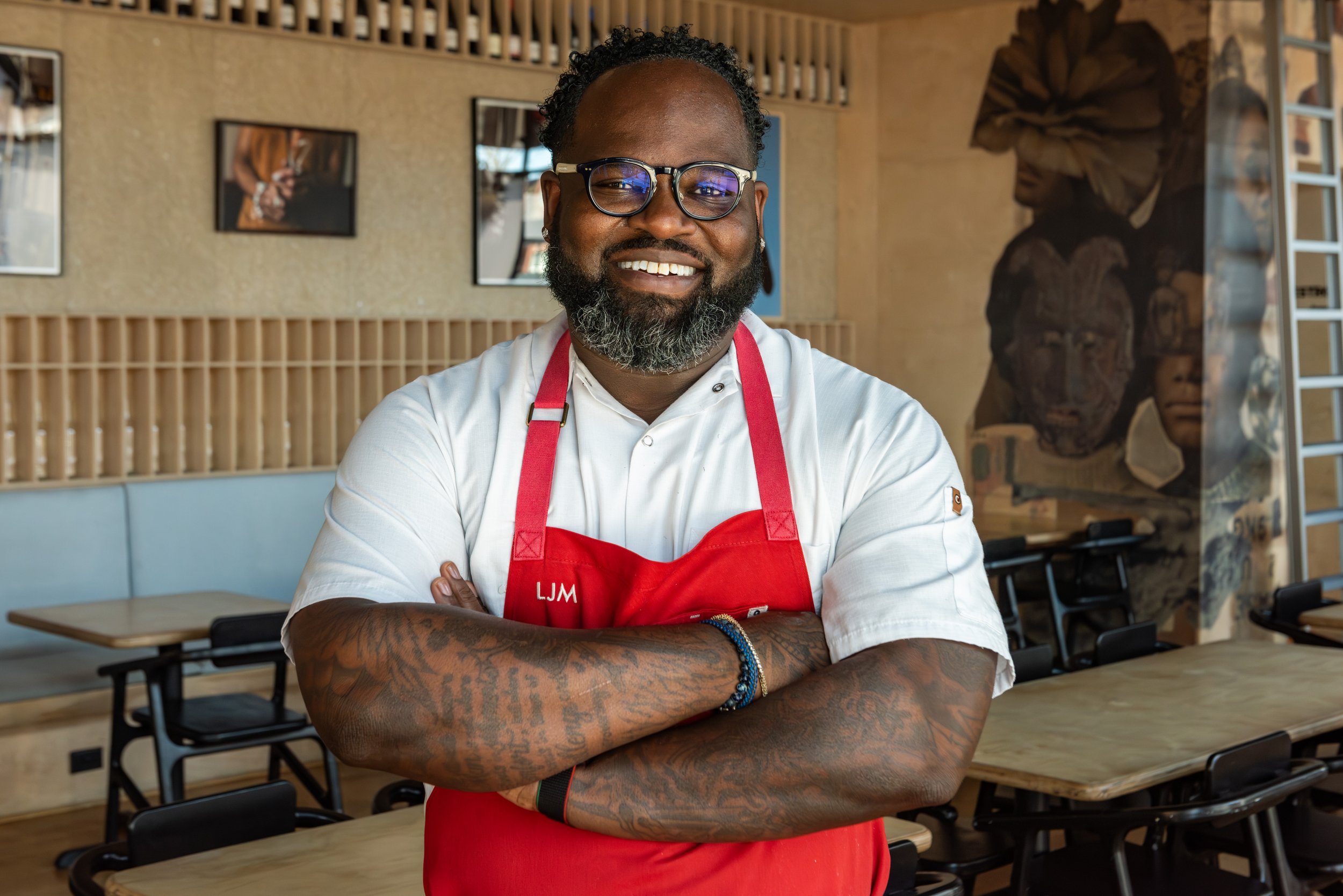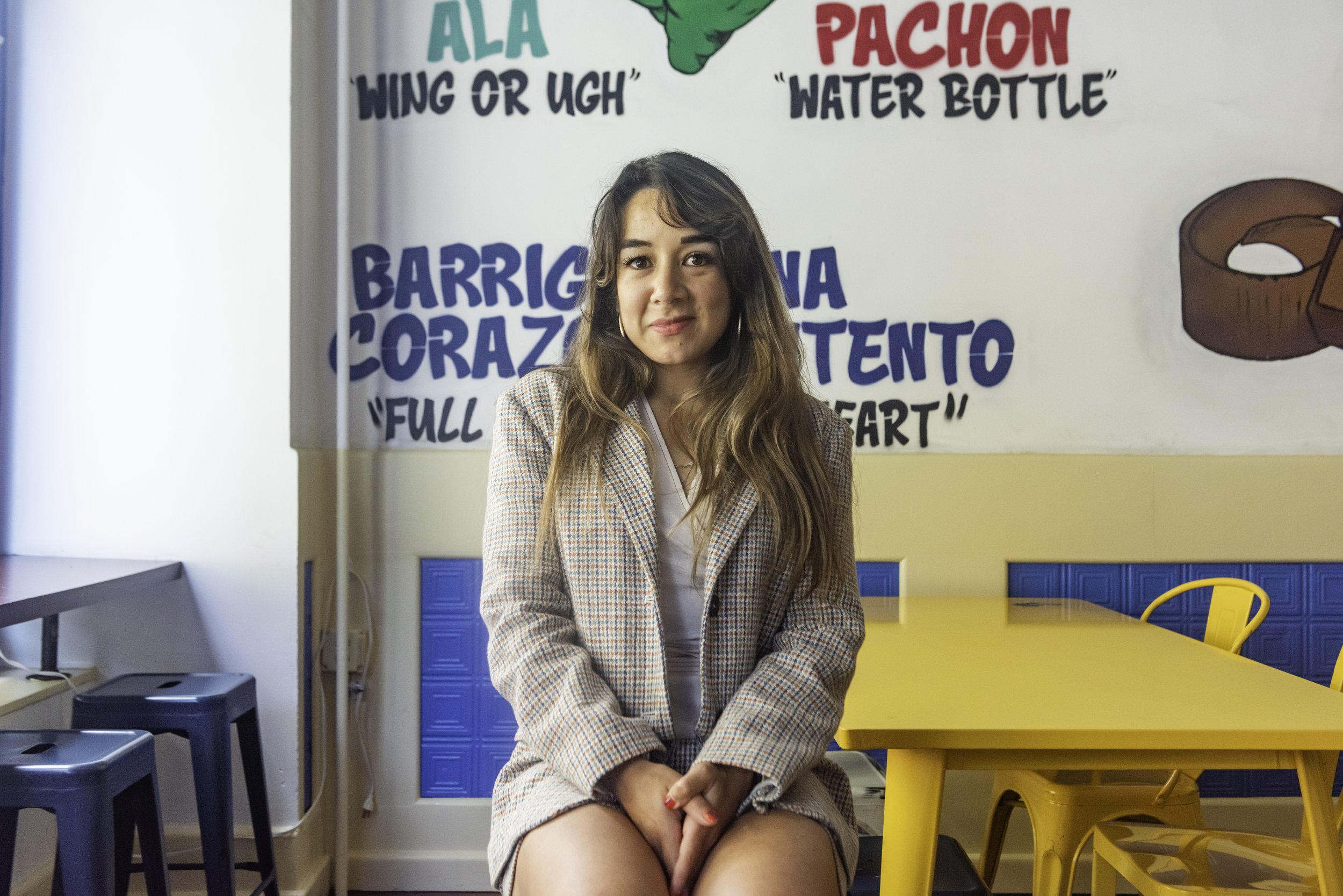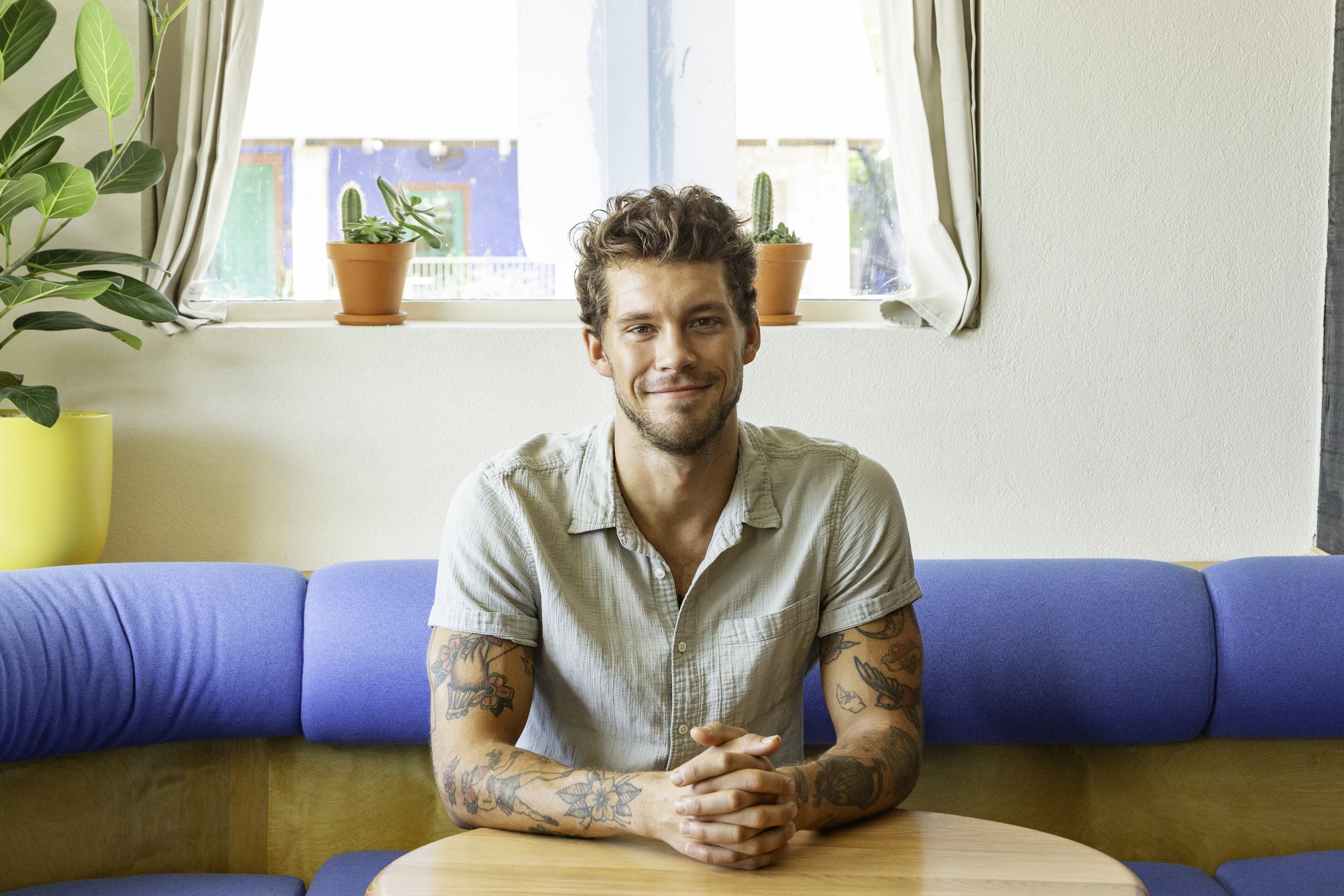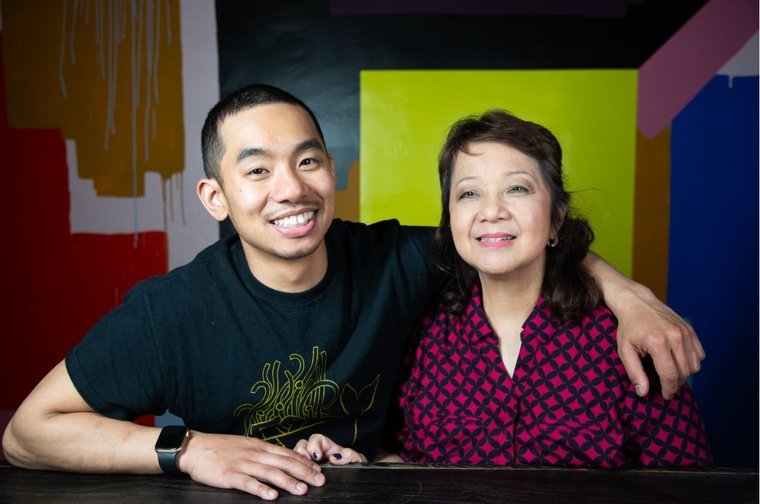Causing a Stir
Causing a Stir's Alexis Brown and Ariel E. Neal are doing grassroots work to break down barriers for women bartenders of color.
Chicagoans Ariel E. Neal and Alexis Brown have taken matters into their own hands. In November 2016, they founded Causing A Stir, with the vision to increase diversity, leadership, and mentorship in hospitality. Through grassroots efforts, these two bartenders have already grown membership from a power dinner party of 12 to more than 1,600 (including 100 in Kenya). When they’re not behind the bar or empowering women, people of color, and LGBTQI community bartenders, you might catch them at Tales of the Cocktail, Brooklyn Bar Convent, Chicago Style, The Iconoclast Dinner Series, Camp Runamok, Speed Rack, or their favorite Chicago bar, The Promontory.
Sean Kenniff: How did you reach Kenya?
Ariel Neal: To tell you the truth, we’re not sure. People have just been attaching themselves to Causing A Stir [CAS], saying it’s really cool and getting into it. We’re straight-up grassroots. We didn’t even really begin to invest in advertising until a few months ago. We have t-shirts. We tag people in posts and use hashtags, but no real marketing dollars have gone into advertising. We had a gala in February, and that was a huge success. The proceeds went to operations and to help with scholarships. We can’t send people to Tales [of the Cocktail] yet, but maybe we can buy the plane ticket or get them to Camp Runamuck and back. We’ll rent a van and take everyone down there. We have a t-shirt campaign, and that money is going to the scholarship foundation—to get people to where they need to be.
SK: The #MeToo movement had yet to take off when you first founded CAS. Has the movement affected it?
AN: #MeToo has impacted us tremendously. Causing A Stir is a “safe space” for people to talk about these issues [of sexism and equality]. Now there’s a change in the tide. If you think there’s no problem, that’s a problem. When we’re talking about #MeToo and men and women behind the bar, we have to have intelligent conversations.
I, personally, have never had a problem as a black woman in the industry. But that is not everybody’s experience. [Bartending] is a boy’s club. You hire people who are your friends and who look familiar, and you don’t take a chance on other people. This gives jobs, opportunities, and access to education to certain people [at the exclusion of others]. That’s what we call white privilege. We’re standing up for our sisters in hospitality. It’s about us taking care of each other. It’s about love for the industry. We love being able to put people into positions that make them notable. I have people who are not being hired because “they just don’t look the part?” Look the part? What’s the part? I’ve heard that so many times. It’s awful. Homophobic comments? That is not cool either. That is offensive. We need to talk about these things that are NOT ok.
SK: How welcome are male members?
AN: Men, please join. Women just can’t be doing this. Then it’s not a conversation. There needs to be inclusion for perspective. You don’t have to agree. You just have to hear and understand.
SK: Can you describe some of your grassroots efforts?
AN: We just went on a cool little campaign into [Chicago] bars, from rinky-dink to heavy-hitter cocktail bars, and we were just talking to people. We asked, “What resources are you lacking that we can give you, to push you to the next level?” If we don’t have the resources, then we can point you in the right direction.
We see where [the industry] is lacking in diversity and inclusion. If I know Bourbon Steak is hiring, I can put the word out to our members. If you’re not qualifi ed to get that job, let’s give you the tools to get there. We talk to management all the time about educating and empowering their staff, and we’ll hook them up with training. Some people think the cocktail revolution is done. It’s not done when we still have people making $2.17 an hour. We were just on the ground in New Orleans, and what we’re doing is not groundbreaking. We are in the bars, and we are using our own money. People in New Orleans still make $2.17 an hour, and tipping is still an option. If someone in hospitality has a baby, they’re paying for that baby out of pocket because there’s no insurance, no benefi ts. This is our passion, and we want to help people do great things and leave a blueprint for others.
SK: CAS ran a competition recently. Can you tell us about that?"
AN: We were working with Grey Goose for the USBG’s Express Your Cocktail Challenge. We went into these bars, and we said we want to help you help yourself. All you have to do is make a drink. When people found out they won, a whole realm of possibility opened up to them. They realized that they can work downtown or travel and make craft cocktails and that they can get more involved and immersed. To see people taking this seriously and looking at it as viable career and opportunity is amazing. We give them a tiny nudge. I want to see other people be great. I want to drink cocktails all over the world influenced by Causing A Stir.
SK: What are your day jobs?
AN: My company is called Leira Knows Cocktails & Events, and Lexi’s is Serving Life Behind Bars. Both focus on mobile and corporate bartending and spirits education. [For Causing A Stir,] if somebody needs something, we try and get it for them, using our own money. The South Side and West Side of Chicago are underserved, and we need to restore humanity and hospitality to the industry there.
SK:CAS ran a competition recently. Can you tell us about that?
AN: We were working with Grey Goose for the USBG’s Express Your Cocktail Challenge. We went into these bars, and we said we want to help you help yourself. All you have to do is make a drink. When people found out they won, a whole realm of possibility opened up to them. They realized that they can work downtown or travel and make craft cocktails and that they can get more involved and immersed. To see people taking this seriously and looking at it as viable career and opportunity is amazing. We give them a tiny nudge. I want to see other people be great. I want to drink cocktails all over the world influenced by Causing A Stir.
SK: What are your day jobs?
AN: My company is called Leira Knows Cocktails & Events, and Lexi’s is Serving Life Behinds Bars. Both focus on mobile and corporate bartending and spirits education. [For Causing A Stir,] if somebody needs something, we try and get it for them, using our own money. The South Side and West Side of Chicago are underserved, and we need to restore humanity and hospitality to the industry there.
SK: What do you do to help prepare people who want to enter the industry?
AN: This brings us to mental health. We all have issues and things we go through; sometimes anxiety gets the better of us. We try to promote seminars where experts come and teach how to get help for things before you get behind the bar, so it doesn’t transfer over to customers and clients. If you want a corporate role or a brand ambassadorship, you’ve got to be able to own yourself. The wonderful Robert Nance says that everything important should have happened by noon for those jobs.
SK: What are your goals for the future of CAS?
AN: Within the next few years, we’d love to have double or tripled our membership. We want to be in every city and state, where we can actually do workshops and see what people’s immediate needs are. Our ultimate goal is to have a school of hospitality to make sure people have resources and to teach people to work for themselves and spread that, and then replicate that school in New York, L.A., and Atlanta, building up underserved areas.
SK: What do you do to help prepare people who want to enter the industry?
AN: This brings us to mental health. We all have issues and things we go through; sometimes anxiety gets the better of us. We try to promote seminars where experts come and teach how to get help for things before you get behind the bar, so it doesn’t transfer over to customers and clients. If you want a corporate role or a brand ambassadorship, you’ve got to be able to own yourself. The wonderful Robert Nance says that everything important should have happened by noon for those jobs.
SK: What are your goals for the future of CAS?
AN: Within the next few years, we’d love to have double or tripled our membership. We want to be in every city and state, where we can actually do workshops and see what people’s immediate needs are. Our ultimate goal is to have a school of hospitality to make sure people have resources and to teach people to work for themselves and spread that, and then replicate that school in New York, L.A., and Atlanta, building up underserved areas.

